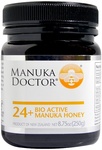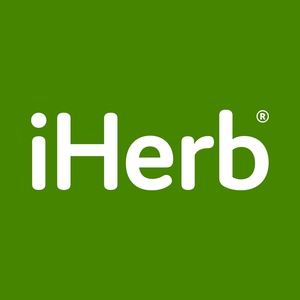I wouldn't usually call 10% + CashRewards (3.5%) a bargain however there was a Chemist Warehouse 15+ Manuka Honey 250g deal recently for a shade under $60 so this looks worth a go. It does claim to be 100% New Zealand honey as opposed to Chinese Sugar Syrup.
Important to note it's not UMF certified so the real value could vary but I'm guessing its somewhere in the ballpark.
Also 15+ options available
250g for $21.13
500g for $39.38 with lemon
A customer review of the 15+
"Even though this manuka honey isn't a UMF certified and only use the ambiguous bioactive 15+, it does work for me and my family. Based on our experience for the >past few months, it really helps with stomach discomfort, cold and flu."
GST applies at checkout so there goes the discount but overall price is still better than anything else I've seen.
Probably only worthwhile if you're hitting that $56.27 mark for free shipping however.
UPDATE: Guys to avoid confusion, I updated this deal from 15+ to 24+ which I think is an even better deal. The 15+ versions are included above still.





Isn't there a honey problem that was on news the other day?